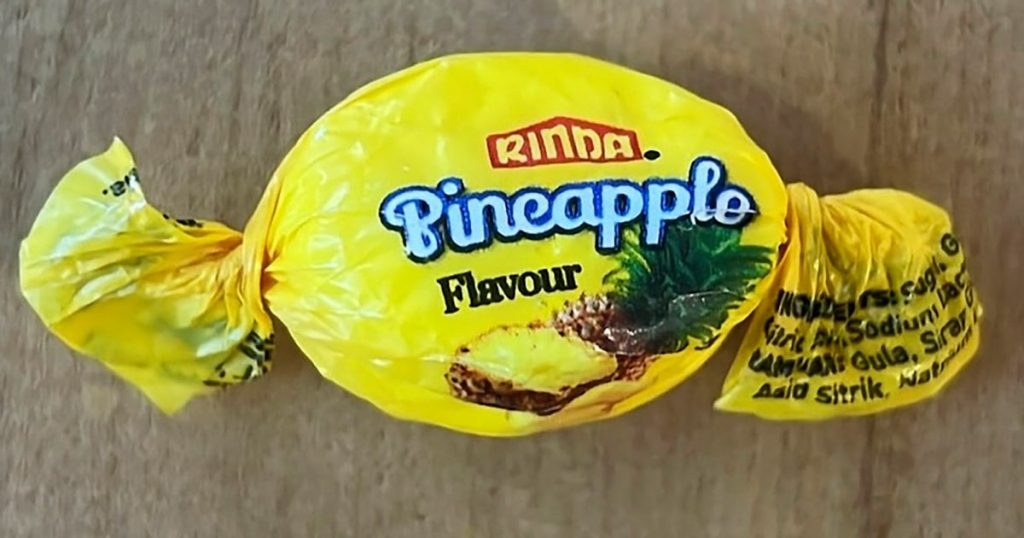A New Zealand charity, the Auckland City Mission, unknowingly distributed candies containing potentially lethal levels of methamphetamine. The organization was alerted when a recipient of a food parcel reported that the sweets tasted unusual. The white pineapple candies, labeled as the Malaysian brand Rinda, were donated in a sealed retail-size package by an unidentified member of the public. Testing by the New Zealand Drug Foundation revealed that each candy contained about 3 grams of methamphetamine, up to 300 times the usual level taken by an individual. Swallowing such a high amount of methamphetamine could result in death, leading to hospital treatment for three people who had consumed the candies.
The Auckland City Mission stated that it only accepts commercially manufactured food for inclusion in its food parcels and that the candies appeared to be such when donated. The organization expressed devastation over the incident and began contacting recipients to notify them of the potential danger. While prioritizing the safety of those supported by the charity, they announced plans to conduct an internal investigation to determine if their processes could be improved. The Malaysian candy manufacturer Rinda, upon learning of the contaminated sweets through news reports, stated that they do not use or endorse the use of illegal drugs in their products and would cooperate with the investigation into the incident.
A spokesperson for the NZ Drug Foundation noted that each candy had a street value of 1,000 New Zealand dollars, indicating that the contamination was likely not intentional. Authorities speculated that it may have been a smuggling attempt gone wrong, rather than a deliberate act. As a precaution, the NZ Drug Foundation advised consumers to avoid Rinda brand pineapple candies due to uncertainty regarding the extent of the contamination. The organization emphasized the potential dangers of consuming the candies, given the exceptionally high levels of methamphetamine present. These warnings came as three individuals who had ingested the sweets were treated in hospital and subsequently discharged.
The Auckland City Mission’s response to the incident included a focus on ensuring the safety of individuals who had received the contaminated candies. The organization pledged to review its processes and implement any necessary improvements to prevent similar incidents from occurring in the future. With concerns raised over the possible dangers associated with the candies, the charity deemed it paramount to reach out to all possible recipients to alert them to the situation. Facing an unforeseen crisis with the unwitting distribution of the methamphetamine-laced sweets, the group took immediate action to address the issue and mitigate any potential harm.
The New Zealand Drug Foundation’s involvement in testing and issuing warnings about the Rinda brand pineapple candies contributed to raising awareness about the risks posed by the contaminated sweets. The foundation’s efforts to analyze the candies and inform the public underscored the importance of vigilance in ensuring the safety of consumers. By collaborating with authorities and other relevant organizations, the foundation played a key role in responding to the crisis and advising individuals to exercise caution in consuming the suspect products. Through its timely intervention and guidance, the NZ Drug Foundation sought to prevent further harm and protect the well-being of the community at large.
Ultimately, the inadvertent distribution of methamphetamine-laced candies by the Auckland City Mission underscored the potential dangers that can arise from food contamination. The incident prompted a swift response from both the charity and organizations like the New Zealand Drug Foundation, highlighting the importance of stringent quality control measures and vigilance in ensuring the safety of food products. As the investigation into the contaminated candies continued and efforts were made to prevent similar incidents, the focus remained on safeguarding public health and preventing the unwitting consumption of harmful substances. The incident served as a reminder of the need for thorough oversight and diligence in food handling and distribution to protect individuals from potential harm.













